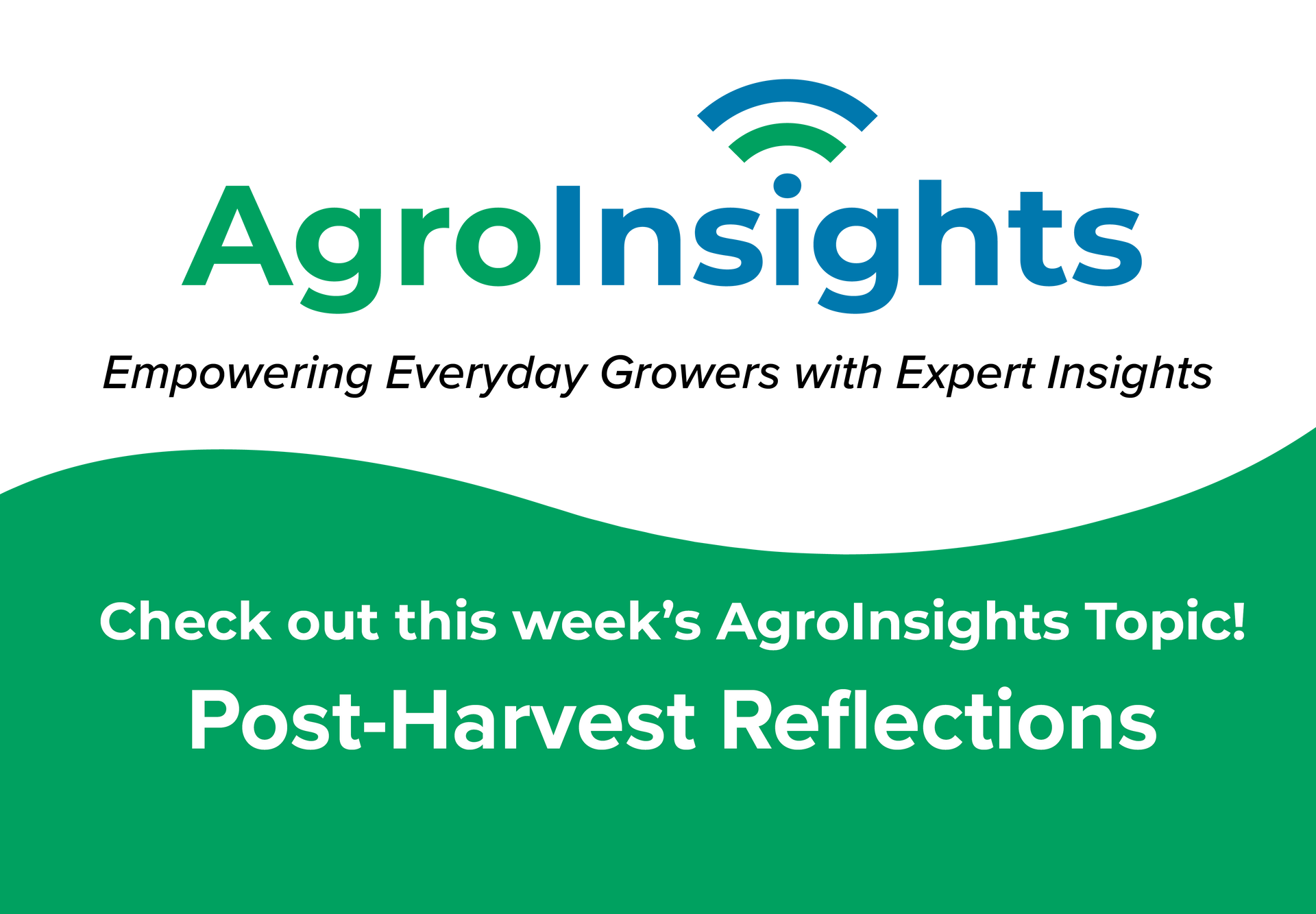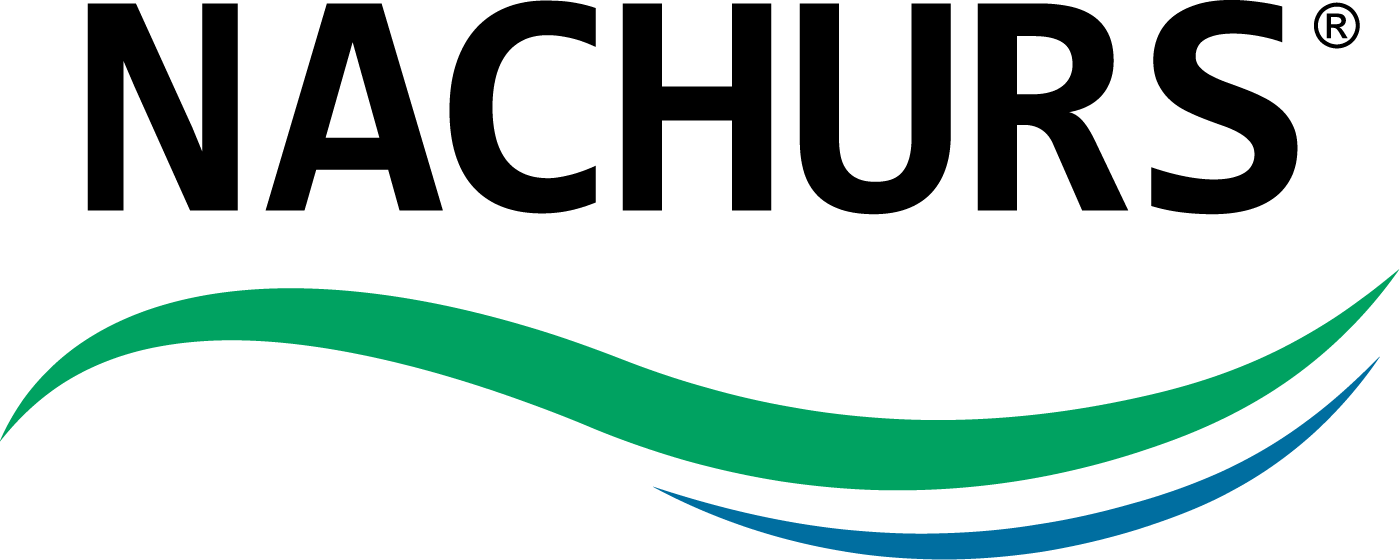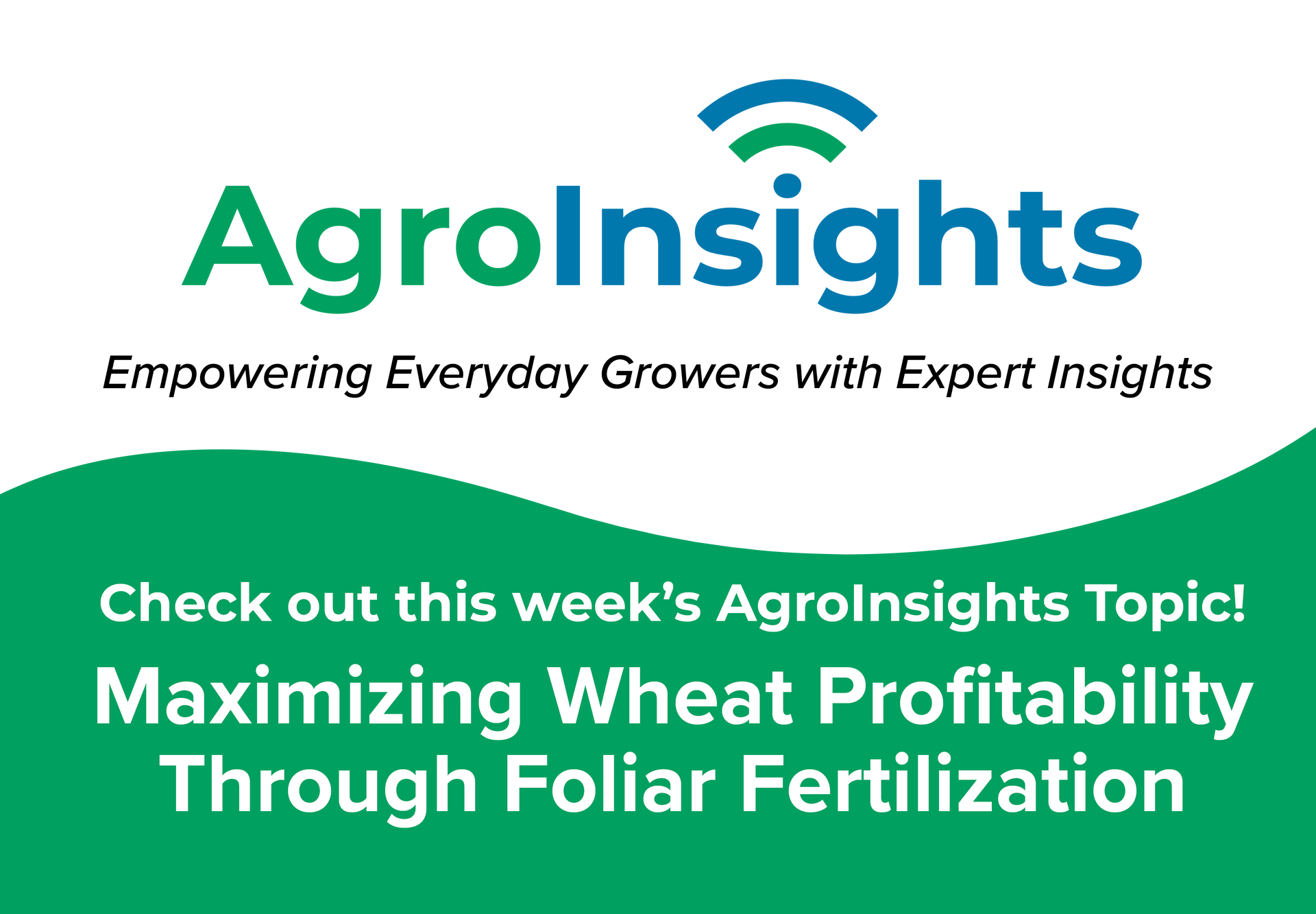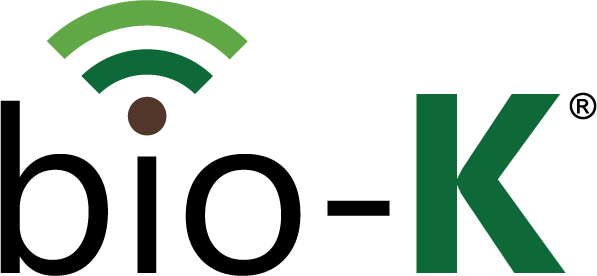Sustainability: what does it mean?
There are many buzz words and/or terms that grab the attention of people today. These include (but not limited to) Trump, Clinton, ISIS, Kardashian, WikiLeaks, Chicago Cubs, Russia, etc. The one topic that continues to gain importance and would include everyone on the plant regardless of age, sex, race, or economic status is AGRICULTURAL SUSTAINABILITY. In simple easy to understand terms, sustainable agriculture is the product of food, fiber, or other plant/animal products using farming methods that protect the environment as well as human/public health. The ultimate goal of sustainable production is to produce healthy, abundant food without hindering the physical ability and/or environmental capability of future generations. In order to meet the food demand of a growing global population (estimated 9 billion by 2050), we must both maintain and develop environmental biodiversity which ultimately leads to healthy, productive, efficient, sustainable ecosystems. In studying the sustainability flow chart below, one thing that stands out is the interaction and central importance of crop, soil, and microbiology, and the role social, political, and economic factors play in the overall scheme. As farming in the US transitions from small, family farms to much larger corporate operations, it will become even more important to remember these interactions so as to avoid further governmental regulations and restraints. So how do we do this? The principles of the 4Rs must come into play on a global level, to insure the use of plant nutrients as well as chemicals at the right time, the right place, from the right source, and at the right rate. Expanding this even further, we know there are substantial differences in nutrient solubility (which impacts soil chemistry) and availability, and thus will affect the overall nutrient use efficiency. For example, we know that potassium acetate is much more soluble and has greater potential for plant uptake than other traditional potassium sources (i.e. chlorides, sulfates, nitrates, thiosulfates, sulfites, etc.). Only 2% of the soil contained potassium is available for plant uptake, as it has not undergone the mineralization process yet. The plants ability to access available potassium has a huge impact on realizing maximum genetic potential through improved ionic balance, water/nutrient movement, disease tolerance, and cell structure/integrity. The same holds true to nitrogen and phosphate choices as well, but to a lesser extent. If we do our part now, we help guarantee stability for future generations.
There are many buzz words and/or terms that grab the attention of people today. These include (but not limited to) Trump, Clinton, ISIS, Kardashian, WikiLeaks, Chicago Cubs, Russia, etc. The one topic that continues to gain importance and would include everyone on the plant regardless of age, sex, race, or economic status is AGRICULTURAL SUSTAINABILITY.
In simple easy to understand terms, sustainable agriculture is the product of food, fiber, or other plant/animal products using farming methods that protect the environment as well as human/public health. The ultimate goal of sustainable production is to produce healthy, abundant food without hindering the physical ability and/or environmental capability of future generations. In order to meet the food demand of a growing global population (estimated 9 billion by 2050), we must both maintain and develop environmental biodiversity which ultimately leads to healthy, productive, efficient, sustainable ecosystems.
So how do we do this? The principles of the 4Rs must come into play on a global level, to insure the use of plant nutrients as well as chemicals at the right time, the right place, from the right source, and at the right rate. Expanding this even further, we know there are substantial differences in nutrient solubility (which impacts soil chemistry) and availability, and thus will affect the overall nutrient use efficiency. For example, we know that potassium acetate is much more soluble and has greater potential for plant uptake than other traditional potassium sources (i.e. chlorides, sulfates, nitrates, thiosulfates, sulfites, etc.). Only 2% of the soil contained potassium is available for plant uptake, as it has not undergone the mineralization process yet. The plants ability to access available potassium has a huge impact on realizing maximum genetic potential through improved ionic balance, water/nutrient movement, disease tolerance, and cell structure/integrity. The same holds true to nitrogen and phosphate choices as well, but to a lesser extent.
If we do our part now, we help guarantee stability for future generations.
